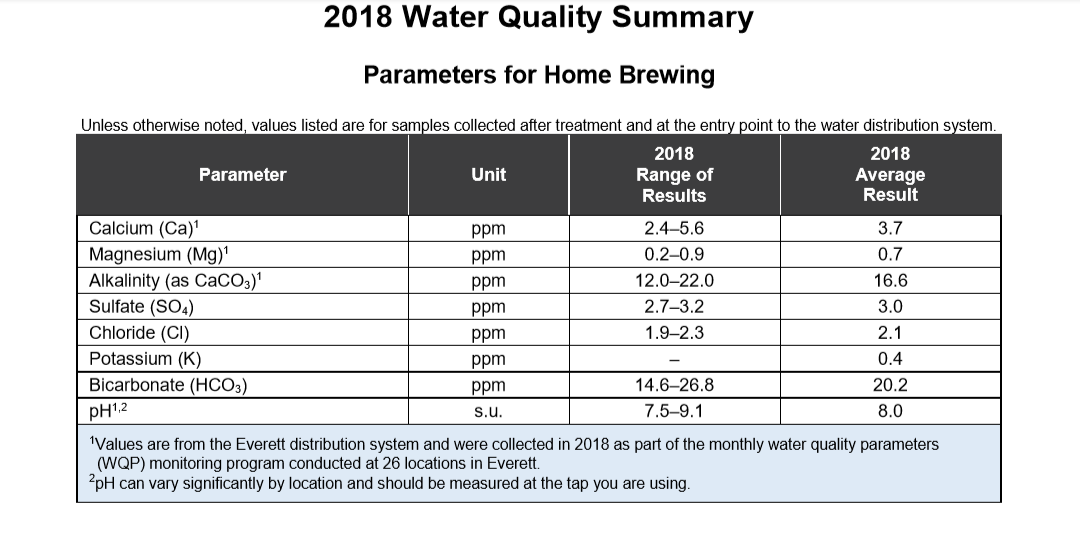I'm thinking that this is the start of an impending obsession with all aspects of brewing vs what I've been doing which is just making beer that's drinkable.
Brewed my first batch in 1993...got into water chemistry 4 months ago.
I suspect I would not drink my first 10 batches now, but at the time they seemed good. Eventually I got a simple all-grain brewing process down and started to make pretty solid beers. For 15 years I hardly changed any of my equipment or process. For whatever reason I stopped homebrewing for 2.5 years. I do think that part of the reason was that I am surrounded by breweries that were making better beer than me.
Back in Dec I jumped back in full force. I made a commitment to 1) improve the quality of my beer and 2) streamline my process (as long as it does not impact #1). I have done a number of things to step up my game...fermentation chamber, closed keg transfers, split experimental batches, focusing on my volumes/gravities, detailed brew logs, etc.
Another of the things was water chemistry. I read a ton, got a Ward Lab's report, picked up a pH meter, and jumped in. Honestly, I am not sure that water chemistry has had that big of an impact on the quality of my beers, though I am only 10 batches into doing mineral adjustments, and 7 batches into doing pH adjustments...and I am still learning. I hope to do some split batch experiments (like half with no treatments, or half with RO+treatments).
I "think" my hoppy beers are better, but that might just be bias or changes to my hopping game. My water is middle of the road and better suited for amber and dark beers. It is fairly low on Sulfate (18 ppm), so I am adding Gypsum to most of my beers with a little Calcium Chloride to some styles. Without adjustment, pH for a typical Pale Ale is around 5.8, so I use Gypsum and Acidulated Malt/Phosphoric Acid to bring it closer to 5.4.
I do believe that water chemistry has been a worthwhile change and it has made a positive impact on my beers.


